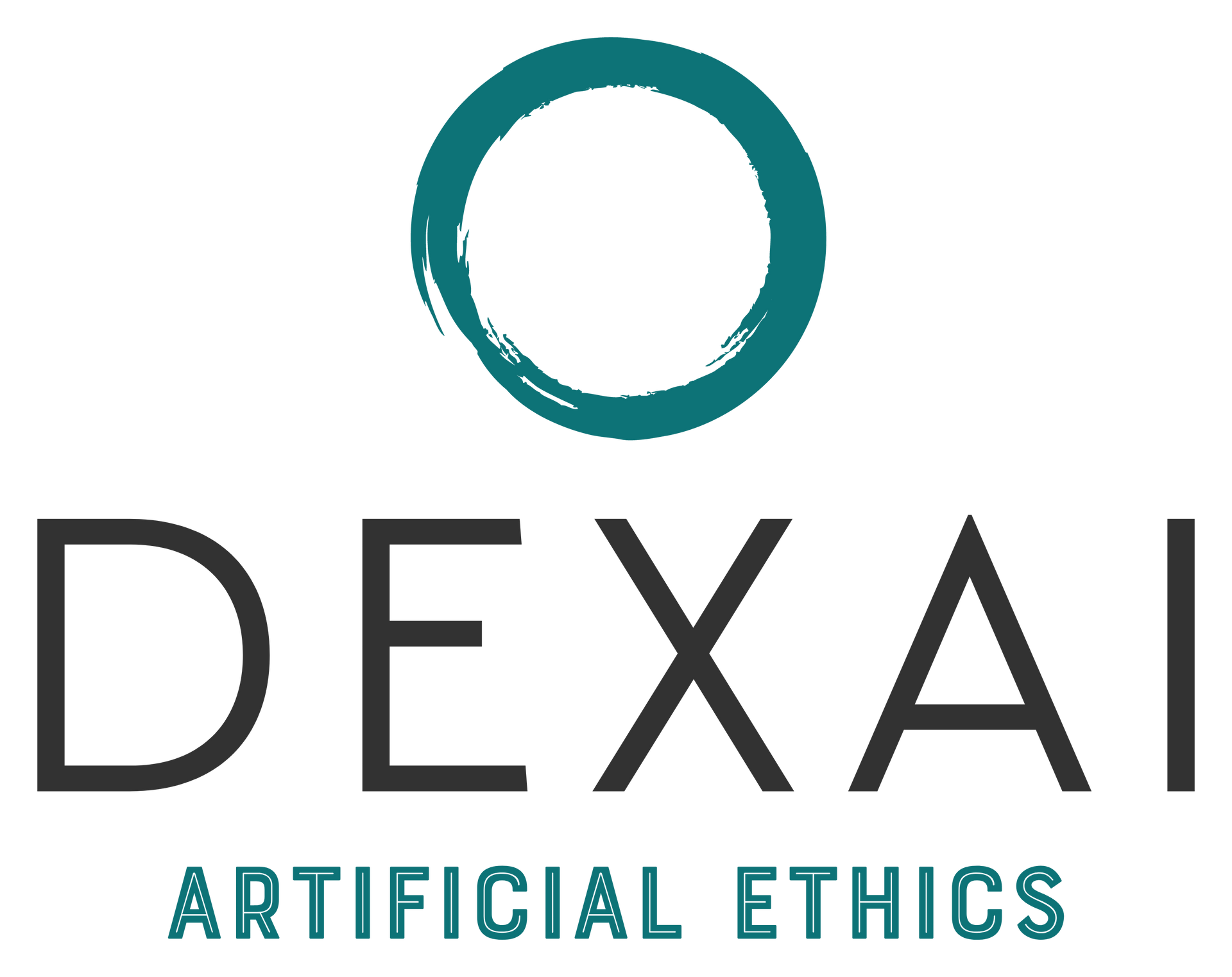Understanding Lung Cancer related risk factors and their Impact
"Research and Innovation actions supporting the implementation of the Mission on Cancer"
Involves 19 partners from 7 different countries.
Lung Cancer (LC) is the biggest cancer killer worldwide, with a current five-year survival following diagnosis varying between 5% to 25% depending on the cancer subtype. Almost 20% of LC patients are “non-smokers”, meaning that there are other risks factors and determinants, apart from tobacco smoking, that can help to understand LC development.
LUCIA is an interdisciplinary project that aims to develop a large repository of LC patient data (digital biobank) based on retrospective and prospective cohort data, and a comprehensive toolbox for the study of LC risk factors and health determinants. To achieve that, LUCIA will make use of a wealth of data from varied data sources; investigate the role and interplay of genetic predisposition, lifestyle factors and environmental factors on LC development, by integrating novel technologies and AI based analysis tools; investigate cellular pathways adjusted to LC subtypes; develop Value-Based Care Models to provide data-driven recommendations; and validate models with a prospective clinical study.
LUCIA will translate the resulting evidence into policymaking recommendations, and will explore how these recommendations can be implemented in a screening program for LC. Therefore, the knowledge gained during this project will impact on LC prevention, screening and early
detection based on novel, clinically validated and cost-effective AI solutions for global health security.
There is an urgent need to establish risk factor assessment tools to gain a better understanding of LC as a disease and orient public health policies towards more effective and efficient screening and diagnosis, particularly for less common and rare types of LC.

Related Projects
-
ENGAGE
Read moreENGAGE aims to provide a solution based on a single data disclosure format for mortgage funding and regulatory purposes encompassing the most relevant European ESG regulations
-
SOLARIS
Read moreSOLARIS aims to address both the risks, threats but also opportunities that GANs bring to democracy, political engagement and digital citizenship.







